By Anya Shukla, RSP Marketing Intern
Stage managers are the glue that holds a show together. In charge of making sure the process runs smoothly, the RSP stage managers work nonstop—coming into a five hour rehearsal an hour early, leaving an hour late—to make sure that West Side Story is flawless. Maya Bhat, the Production Stage Manager, has been working as a stage manager for five years and is well-versed with the hard work ethic and assertive leadership necessary to run a tight rehearsal room. Describing her job as “a mix of housekeeping and bossing people around,” if any issues come up during rehearsal, Maya must deal with them on the fly while still maintaining order. I talked to Maya about her job, as well as some stressful moments and how RSP has taught her to deal with them.
What’s your favorite song in West Side Story?
Okay, this is really hard. I think I have to go with “Gee Officer Krupke,” just because I love the choreography. But it’s hard for me to pick a favorite.
Do you think you’ll be a stage manager later in life?
I don’t think so. I think part of what I love about stage managing is that there’s a magic onstage with theater. I worry that the glamour of it goes away when it becomes a job. It’s something that’s so fascinating and magical right now, and I don’t want to ruin it.
Is there anything you’re looking forward to?
I’m really excited for us to move upstairs from DAT5, the rehearsal studio, to the theater. Because this is really professional stuff that we’re doing, we’re on The 5th Avenue Theatre’s stage. Calling a show at The 5th—that’s crazy. How many people can say that they’ve done that? But, tech rehearsals is my most stressful time.
Why is it so stressful?
It’s when my part comes in. Since I’m calling the show, I’m going to be dictating when all the tech elements happen. The actors have all learned their show and tech is when I have to learn my part for the performances. This is my turn to practice and I have a lot shorter time period to do so, so there’s pressure to learn everything quickly. And the days are long—10 hours—with no breaks.
What exactly does “calling the show” mean?
During the show, anytime there is anything technical involved—a light cue, a set cue, anything involving the rails—I have to call that. I’ll be sitting stage right, and I’m watching. So when I say “lights down,” I’m telling the person on the lightboard that the lights need to change. Anytime there’s a technical element, I have to tell them it’ll happen. So that’s why it’s so stressful. Obviously if it’s a light cue and it’s a second or two wrong, the audience isn’t going to notice, but I’m going to notice. So I have to make sure everything goes well. It’s a lot. I’m excited, but it’s a lot.
What was the hardest moment of this process?
Two weeks ago, we had a rehearsal where we were working notes. We just had a run-through of one act, and we were going through and working certain scenes. We were jumping all over the place, and it was just one very hectic day where we didn’t have a schedule. I felt that I had no idea what was going on, the actors had no idea what was going on. I completely failed that day: the rooms where chaos; we were missing people; it was a mess. I talked with my mentors after and they gave me a lot of good advice: about how to take charge, how to take a second to establish what you know. We had two or three more days like that, but they weren’t hectic. I figured out what I needed to do, how to work with things that I don’t know. I just had to move on. It was a bad day, but I kept going.
And that’s related to what you do during performances: if you call a cue wrong, you have to be able to move on.
Yeah. My favorite thing that the professional stage manager said was: “At the end of the day, it’s just a play. The world’s not going to end if you call a light cue late. It’s not a big deal.” We’re not perfect. You just have to be okay with making mistakes and learning from them. Things go wrong in theater every single second. Nothing ever perfect. You just have to move on and make something out of nothing.
Rising Star Project: West Side Story runs July 12-13. Click here for tickets and info.
Rising Star Project is a tuition-free program made possible through a generous grant from The Sheri and Les Biller Family Foundation with additional support from the following sponsors: The Hearst Foundations, The Herman and Faye Sarkowsky Charitable Foundation, Schultz Family Foundation, Susie and Phil Stoller, RealNetworks Foundation, Michael Amend and Jeffrey Ashley, Linda and Kevin Cheung – Start It! Foundation, GM Nameplate, The Jean K. Lafromboise Foundation, Tom and Judi Lindquist, Claudia and Bob Nelson, Todd and Donna Rosenberg, Seattle Rotary Service Foundation, Elizabeth and Gary Sundem, and Becca and Bill Wert.

